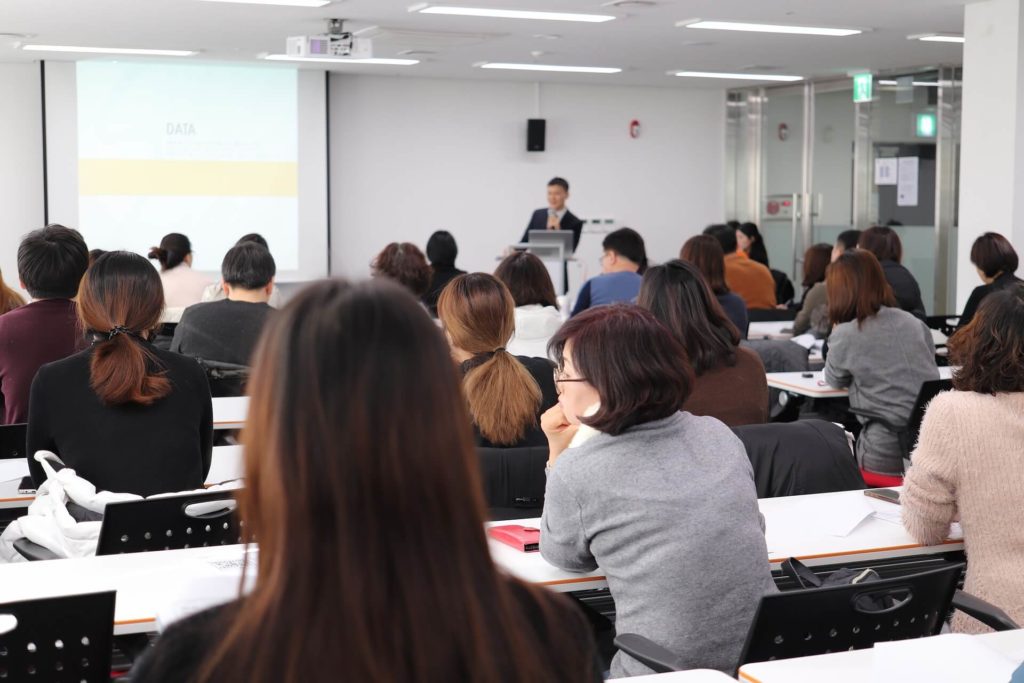Chinese has the reputation of being one of the most difficult languages in the world. What are the benefits of learning this seemingly exotic language? High Chinese is the official language of the People's Republic of China, Taiwan and one of the four official languages of the breathtaking city-state of Singapore.
Around 900 million people speak this language. Standard Chinese is the compulsory language of school, media and everyday life for all 1.3 billion Chinese in the People's Republic of China, making it the undisputed number one. Anyone learning Chinese has the opportunity to communicate with over one billion people, around one sixth of the world's population. Exciting, isn't it?
A new world of thought takes your mind on an exciting journey into the unknown.
Chinese, which works so differently from the European languages we are familiar with, takes us into a foreign culture. Every new vocabulary, every new sentence is an offer to explore the wonder of this world language a little further.
Do you like Scrabble? The Chinese characters and syllables have a fixed meaning and new words can only be formed by combining existing characters (syllables). The pictorial combinations stimulate the imagination when learning Chinese.
Your 'electric brain 电脑 diànnǎo' and your hand machine 手机 shǒujī)'', your cell phone and the character combinations like cheerful + contemplate (乐观 lèguān), together mean to live "optimistically" and to strive for success and ambition.
A place on the career ladder becomes more secure by learning standard Chinese. This is because the links between Germany and the People's Republic are becoming ever closer. The German government signed a joint paper with the Chinese government to closely link the German "Industry 4.0" initiative to China's future plan "Made in China 2025".
There are now Confucius Institutes in many university cities in Germany, Austria and Switzerland. You can learn more about the Chinese language and culture in courses and events. Chinese is therefore no longer an exotic butterfly language, but a DNA of our future and our connection to key technologies.
Lesson 1: Yào bú yào yìqǐ xuéxí? Shall we study together? Míngtiān jiàn! 明天见!Then I'll see you tomorrow!
What language should be used in negotiations? What changes should be initiated? Organizations and companies are challenged by the fact that they have to constantly change their "doing". Changing market conditions lead to the need for dynamic adaptation. For example, the digital transformation has arrived everywhere, but has not yet been sufficiently implemented in the German market in particular.
Combining the existing core business with the opportunities of the digital world is one of the key challenges for organizations of all sizes. Our offer: Corporate Training...
12-hour intensive training camp with the German-Chinese trainer team from Tempulse Consultancy Global.

